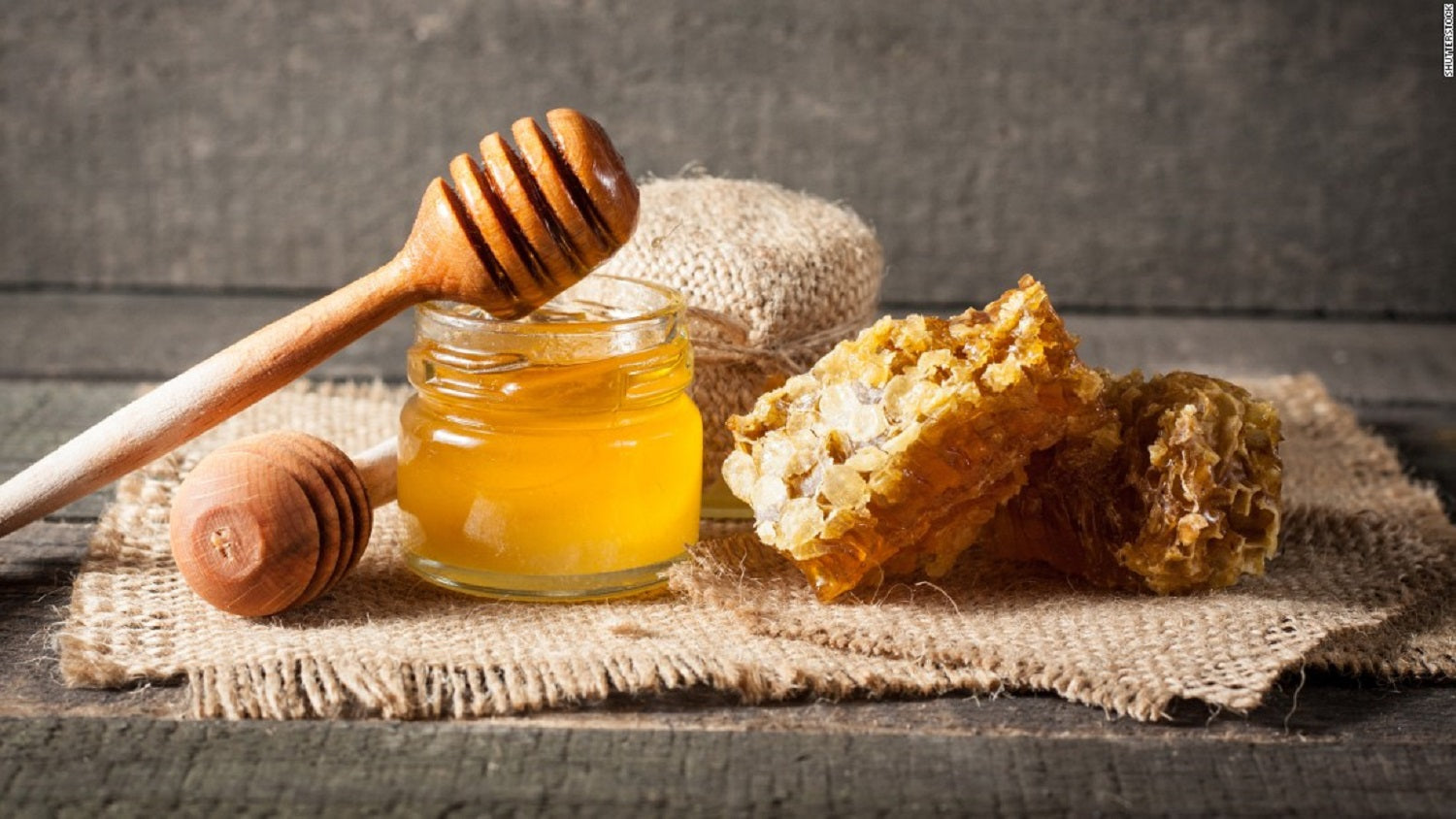The Sweet Deal on Natural Sweeteners

As much as we try to avoid it, many of us can't do without the taste of sweetness, whether in our morning cereal, a cup of tea or coffee, or those hard-to-swallow medicinal tonics. To sate our sweet tooth, many quickly reach for refined sugar, cane sugar, or high-fructose corn syrup.
However, you should think twice before going for those sweeteners; they do more harm to your body over a more extended period in exchange for that moment of pleasure on your tongue.
What are some of the nasty effects these mentioned sweeteners have on your body? For one, they suppress your immune system for up to a few hours after ingestion. We all know a downed immune system won't be able to help you defend against infections, germs, bacteria, and other harmful elements.
They also damage the liver. In our body, this vital organ detoxifies chemicals that enter our body.
Don't get it wrong; sugar is a chemical our body needs, but we need only small amounts of it, which are what our liver can cope with. It cannot handle massive amounts of sugar.
Topping it off, those sweeteners also cause weight gain and hormonal imbalance.
Don't despair; sweeteners can make your food or beverages sweet without those nasty effects. Here are some of them:
Raw Honey
This food has been around for thousands of years; it's healthy, and scientists say it doesn't spoil. Aside from flavoring, raw honey can fight bacteria, boost the immune system, heal infections, and promote better sleep.
Birch Xylitol
This sugar alcohol has been described as the closest thing to refined white sugar when it comes to taste and without the nasty effects of refined white sugar. This sweetener is derived from the birch tree. Unlike its unhealthier equivalent, birch xylitol also reverses bacterial gum infection, making it an ideal treatment.
Stevia Leaf
The leaf of the stevia plant has been used as a sweetener in Brazil for over 1,500 years. The leaf is dried, ground up, and then added to food. In its raw form, it tastes bitter, but don't be fooled; it has a lovely aftertaste. How sweet! 300 times sweeter than sugar.
Monk Fruit
This is a small, round fruit that grows in Southeast Asia. Aside from being a sweetener, ancient Chinese have used it as an immunity booster and digestive aid for thousands of years. To extract the juice, first, remove the skin and seeds of the fruit, then crush the fruit and collect the juice. It's that easy.
Lucuma
Another fruit that can be used as a sweetener grows in Peru. It is usually dried first and then pounded into a powder to mix into food and drinks. Its natural sweetness and low glycemic content make it ideal for people who want to decrease sugar consumption without losing the sweetness.
Maple Syrup
Who knew the syrup for pancakes would be perfect for almost anything else we want to be sweetened? Aside from sweetening foods, Maple syrup contains 24 phenolic antioxidants that do a lot to benefit your body, from giving you clear skin to preventing cancer.
